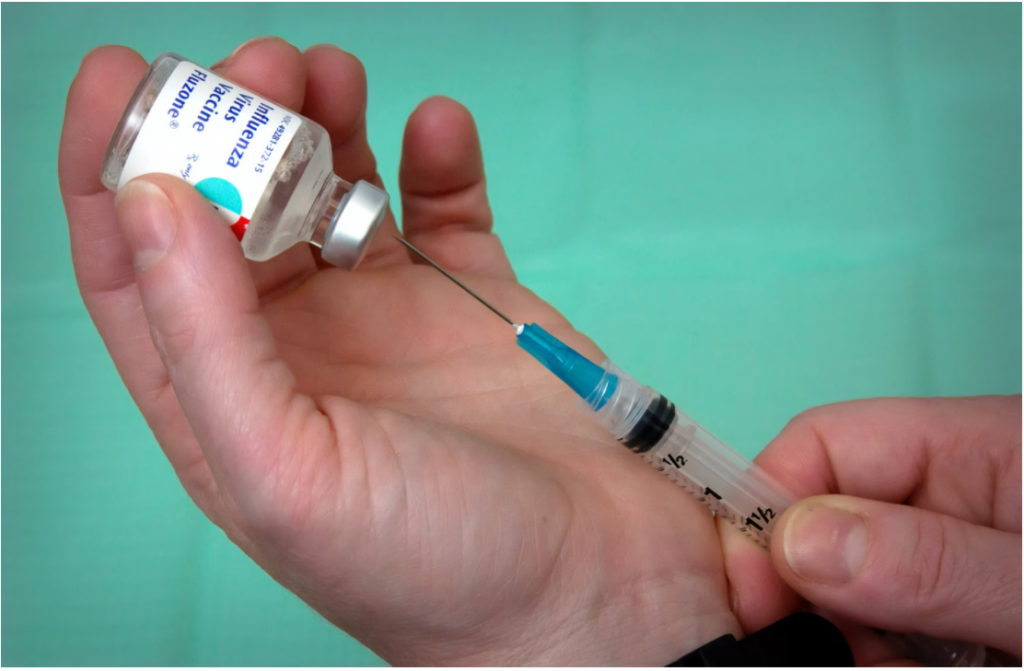This month, we raise awareness about diabetes, a condition that affects over 34 million Americans. Here are some important facts:
 Types of Diabetes: There are three main types – Type 1, Type 2, and gestational diabetes. Each type requires different management strategies.
Types of Diabetes: There are three main types – Type 1, Type 2, and gestational diabetes. Each type requires different management strategies.
 Prevention is Key: Lifestyle changes, such as maintaining a healthy diet and regular exercise, can significantly reduce the risk of developing Type 2 diabetes.
Prevention is Key: Lifestyle changes, such as maintaining a healthy diet and regular exercise, can significantly reduce the risk of developing Type 2 diabetes.
 Know Your Risk: Factors like family history, age, and lifestyle choices can increase your risk. Regular check-ups and screenings are crucial for early detection.
Know Your Risk: Factors like family history, age, and lifestyle choices can increase your risk. Regular check-ups and screenings are crucial for early detection.
 Support and Resources: There are numerous resources available for those living with diabetes. Connecting with support groups can make a huge difference!
Support and Resources: There are numerous resources available for those living with diabetes. Connecting with support groups can make a huge difference!
Diabetes is a serious health concern for Native American communities, with rates often significantly higher than the general U.S. population. Here are some important facts to raise awareness:
 Prevalence: Native Americans are at a higher risk for diabetes, with diagnosed rates being two to four times greater than those of non-Hispanic whites.
Prevalence: Native Americans are at a higher risk for diabetes, with diagnosed rates being two to four times greater than those of non-Hispanic whites.
 Risk Factors: Contributing factors include genetic predisposition, lifestyle changes, obesity, and limited access to healthcare and healthy food options.
Risk Factors: Contributing factors include genetic predisposition, lifestyle changes, obesity, and limited access to healthcare and healthy food options.
 Cultural Impact: Changes in traditional diets and lifestyles have led to increased consumption of processed foods, contributing to rising obesity and diabetes rates.
Cultural Impact: Changes in traditional diets and lifestyles have led to increased consumption of processed foods, contributing to rising obesity and diabetes rates.
 Community Initiatives: Many tribes are actively combating diabetes through culturally relevant programs that promote healthy eating, physical activity, and education about management strategies.
Community Initiatives: Many tribes are actively combating diabetes through culturally relevant programs that promote healthy eating, physical activity, and education about management strategies.
 Education and Awareness: Increasing awareness about diabetes within Native communities is essential for prevention and early detection.
Education and Awareness: Increasing awareness about diabetes within Native communities is essential for prevention and early detection.
 Importance of Screening: Regular diabetes screenings are crucial, especially for those with risk factors. Early intervention can lead to better management and outcomes.
Importance of Screening: Regular diabetes screenings are crucial, especially for those with risk factors. Early intervention can lead to better management and outcomes.
Let’s support our Native communities in their efforts to combat diabetes and promote healthier lifestyles!
 #DiabetesAwareness #NativeHealth #HealthEquity
#DiabetesAwareness #NativeHealth #HealthEquity

